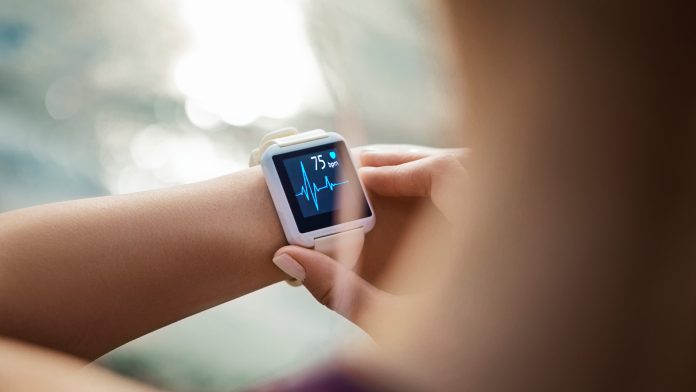
A systematic review specifically explored how skin tone may affect the accuracy of smartwatch heart rate data.
How accurate is the smartwatch’s heart rate, fitness and health data? Researchers from the American College of Cardiology studied the role of skin tone in the precision of data and found that measurements may be less true in people with darker skin tones.
“People need to be aware that there are some limitations for people with darker skin tones when using these devices, and the results should be taken with a grain of salt,” said Daniel Koerber, MD, resident physician at the University of Alberta in Edmonton, Canada, and the study’s co-lead author. “Algorithms are often developed in homogeneous white populations, which may lead to results that are not as generalisable as we would like. Ongoing research and development of these devices should emphasise the inclusion of populations of all skin tones so that the developed algorithms can best accommodate for variations in innate skin light absorption.”
The findings were presented at the American College of Cardiology’s 71st Annual Scientific Session.
A systematic review of smartwatch heart rate and fitness data studies
The findings are based on a systematic review of ten previously published studies involving a total of 469 participants. The study is the first to pool data from multiple studies to specifically examine how skin tone may affect the accuracy of smartwatch heart rate data.
After screening 622 scientific papers, the researchers identified ten studies that reported smartwatch heart rate and rhythm data according to a participant’s race or skin tone. Of those studies, four found that smartwatch heart rate measurements were significantly less accurate in darker-skinned individuals compared with either light-skinned individuals or measurements from validated devices, such as chest strap monitors or electrocardiograms. One study reported that although there was no difference in heart rate accuracy, smartwatches and wearable devices recorded significantly fewer data points for people with darker skin.
Wearables and smartwatch’s heart rate and rhythm data work by aiming a beam of light at the wrist then detecting how much light is absorbed. Greater light absorption indicates a greater volume of blood flowing through the veins under the skin. The study results suggested that this signalling process might not work as well in darker skin that contains more melanin, which absorbs light.
“There are a lot of claims that these devices can detect heart rhythm issues like tachycardia, bradycardia and even atrial fibrillation,” Koerber said. “We want to be able to inform health care providers about whether these are reliable sources for collecting data in all patients, regardless of skin tone.”
Diversifying technology
The study highlights the importance of ensuring technology meets the needs of diverse populations, especially when it is intended to improve health. Koerber said recent studies have reported that other devices, such as pulse oximeters used to measure the amount of oxygen in the blood, also do not perform as well for individuals with darker skin tones, which can lead to serious health consequences if problems go undetected.
“It is important to explore alternative options to make sure we can create a more equitable solution in health care and not just in the consumer industry,” Koerber said. For example, there is some evidence to suggest that certain wavelengths of light, particularly green light, are more accurate in people across all skin tones, he said.
As a systematic review, the research was limited by the relatively small number of relevant published studies as well as the variability in the populations, devices and outcomes assessed in different studies.
























